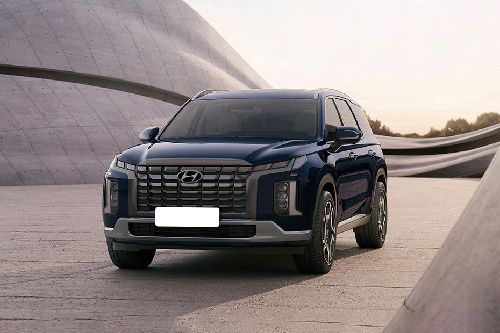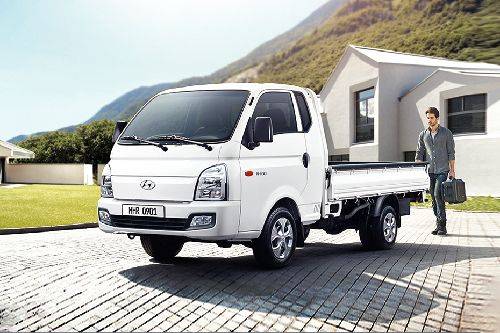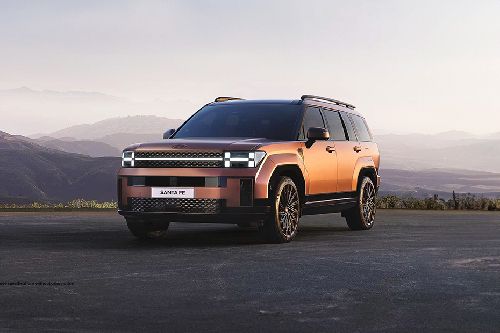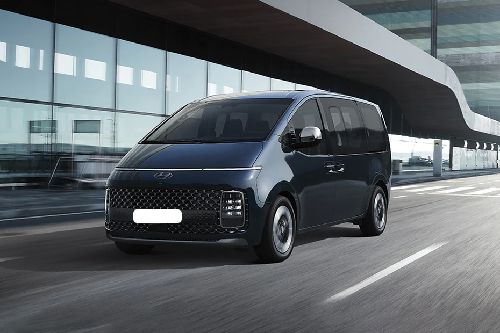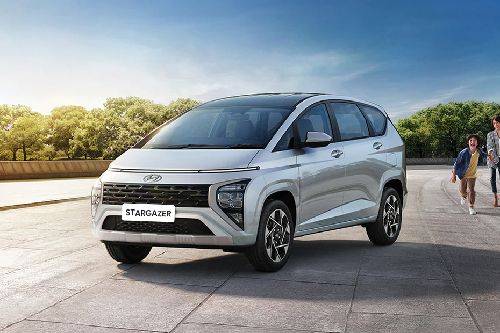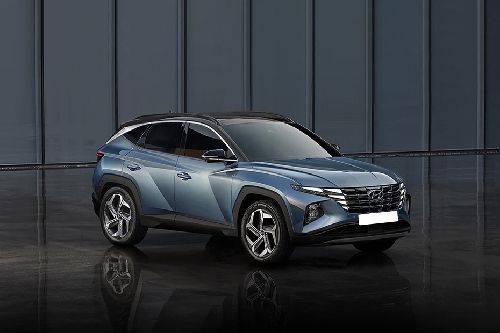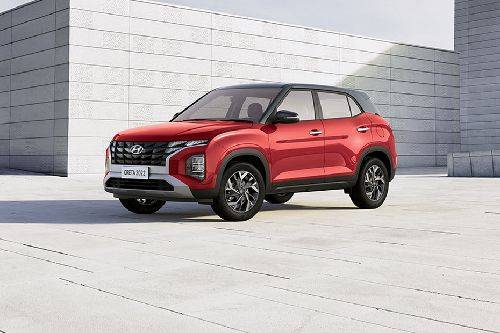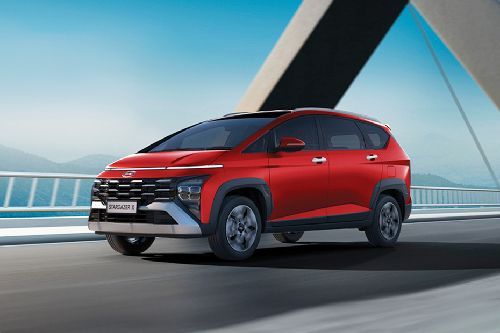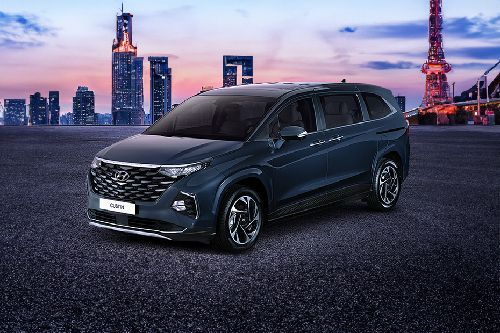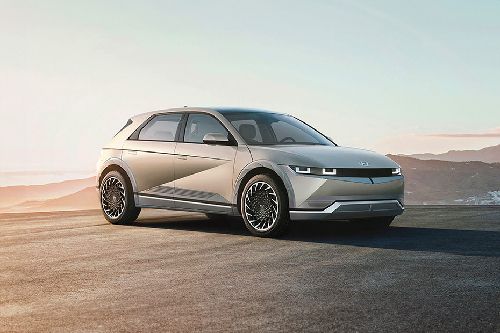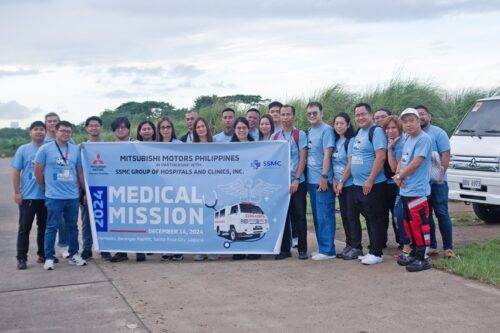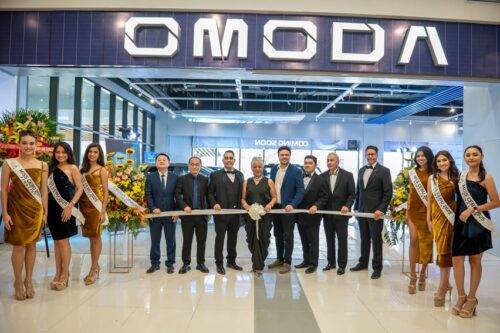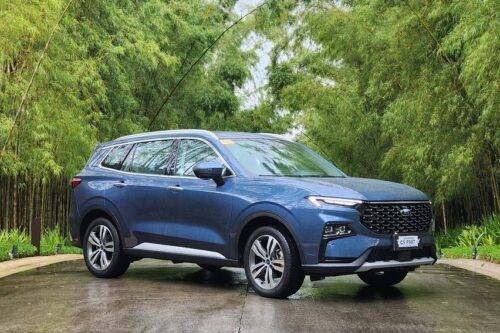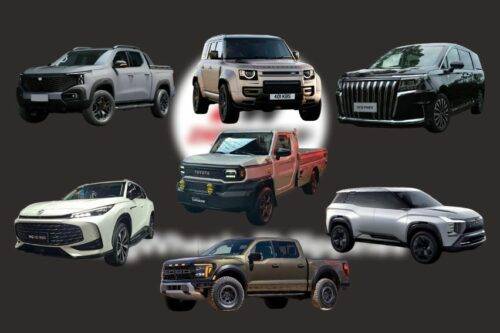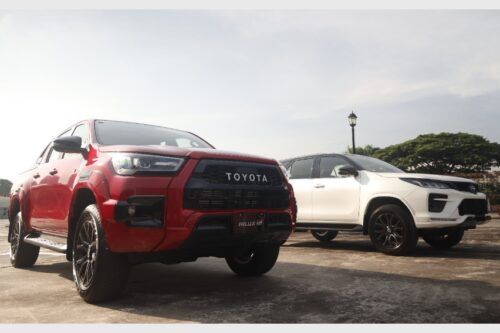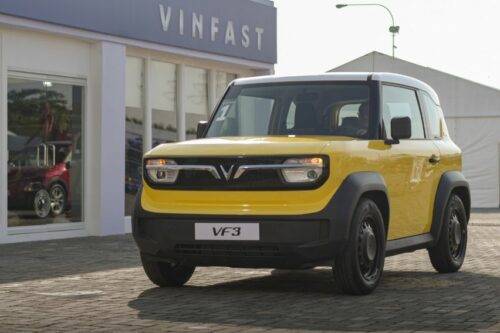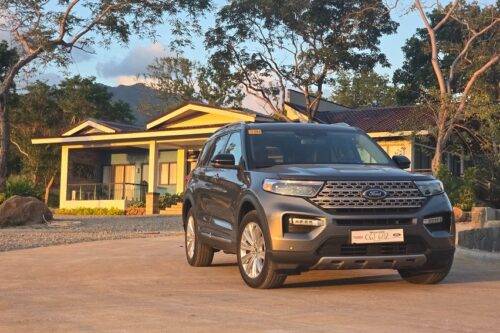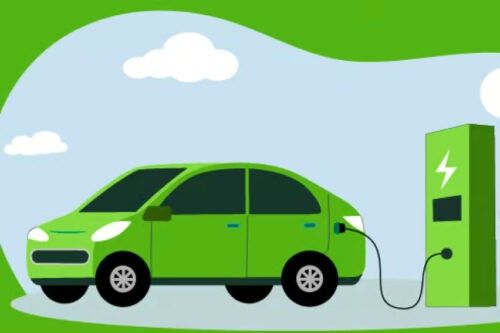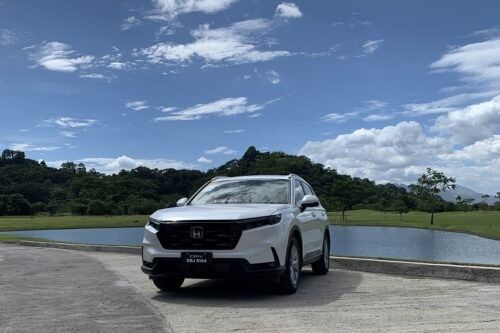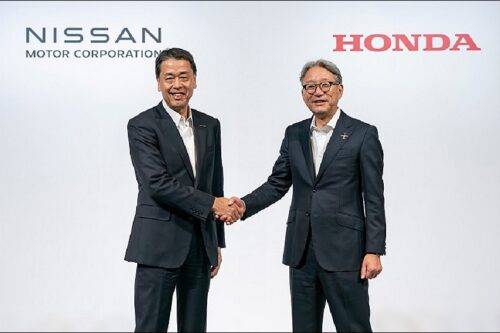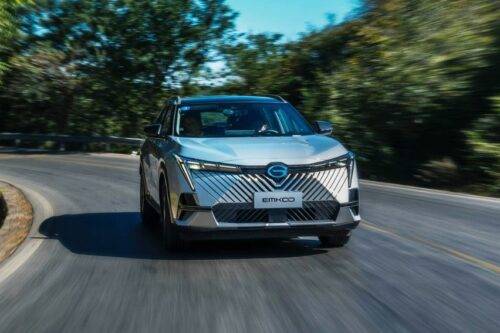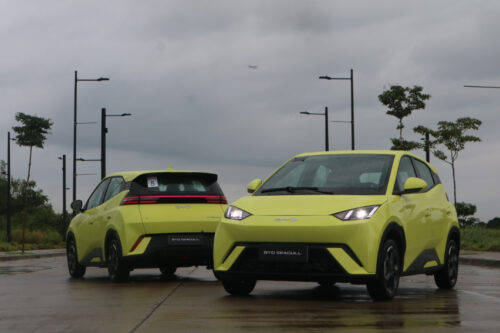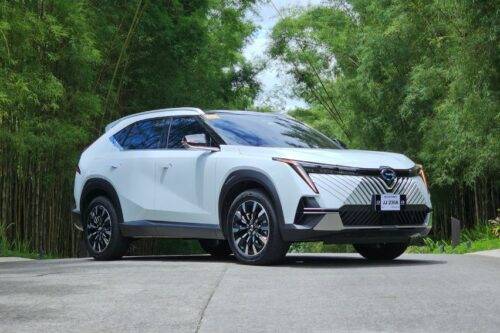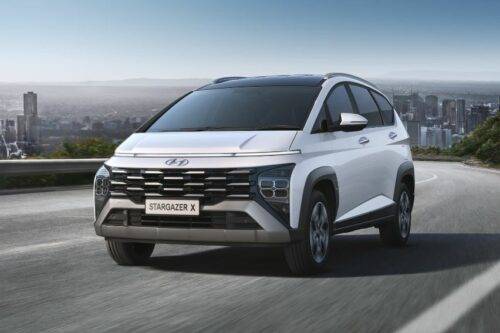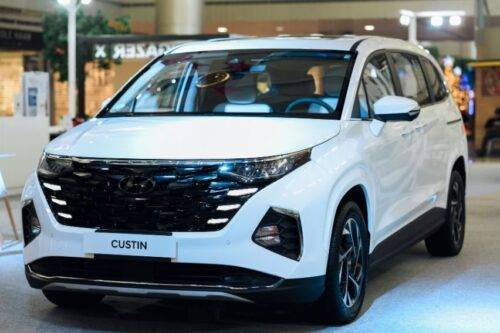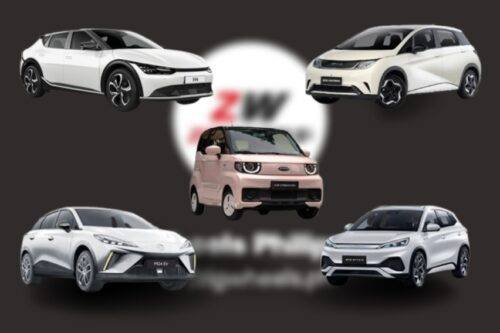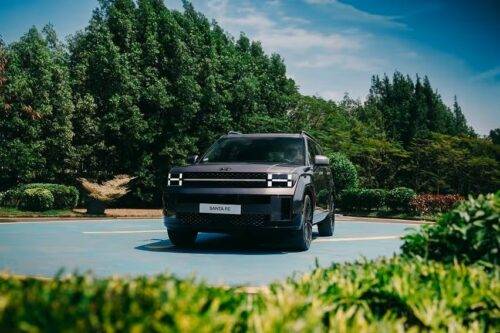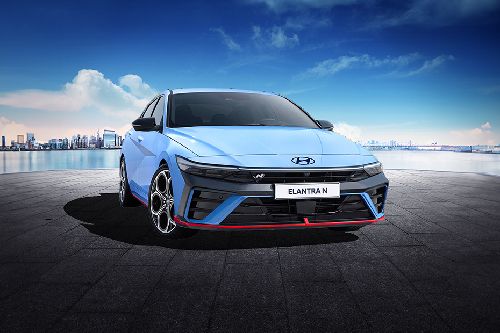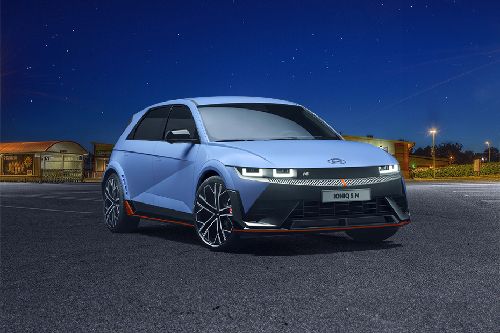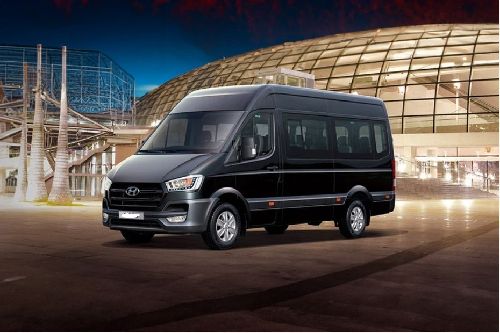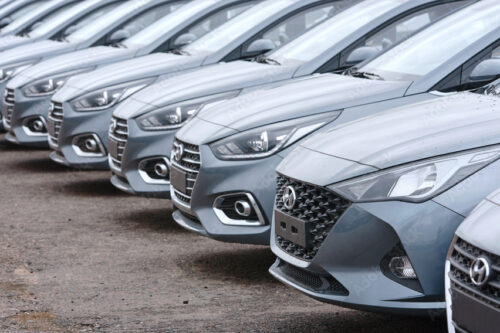Hyundai details roadmap of software-defined vehicles, mobility industry
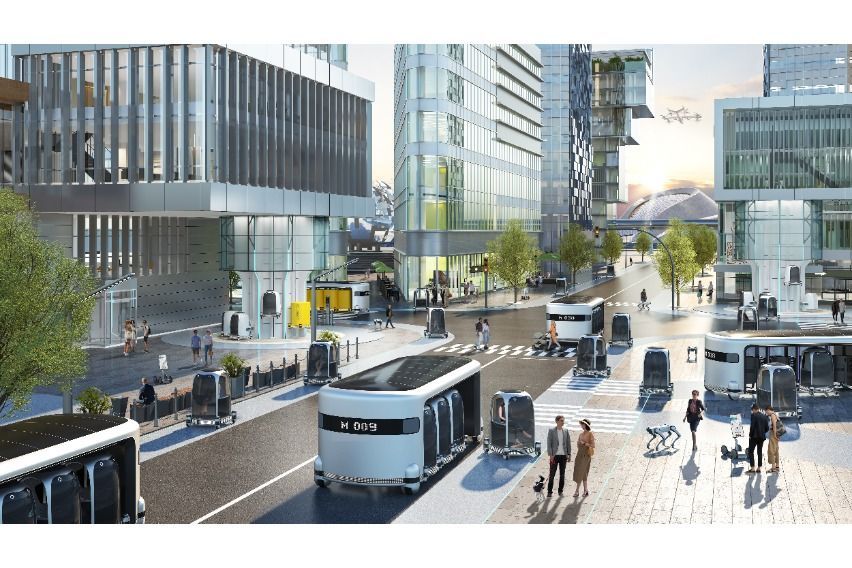
MANILA: Recently, the Hyundai Motor Group unveiled a new global plan to convert all cars into Software Defined Vehicles (SDVs) by 2025.
KEY TAKEAWAYS
When will Hyundai be able to update its vehicles remotely via OTA?
From 2023, all newly launched vehicles of Hyundai Motor Group will be equipped to receive OTA. This transformation will apply not just to electric models, but also internal combustion engine vehicles. All of Hyundai’s vehicle segments sold worldwide will evolve to be software defined by 2025.What electric vehicle platforms Hyundai plans to roll out?
In 2025, Hyundai will roll out EVs based on its two new platforms, eM and eS. The eM platform is being developed specifically for EVs across all segments and will provide a 50 percent improvement in driving range on a single charge compared to current EVs. The Group’s eS platform will be developed as an EV ‘skateboard’ exclusively for Purpose Built Vehicles (PBVs).Aside from vehicles, which Hyundai mobility solutions will be dependent on software?
Furthermore, connected car data will network with future Hyundai mobility solutions, including Purpose Built Vehicles (PBVs), Advanced Air Mobility (AAM), robotaxis and robots.The pioneering project, announced at Hyundai's global online event "Unlock the Software Age," would usher in a new era of mobility by enabling consumers to remotely upgrade the performance and functionality of their cars from any location at any time.
Hyundai also revealed ambitions to use continually improving software technologies to revolutionize the customer experience throughout the course of a vehicle's lifetime and usher in a new era of mobility.
All models, including those that have already been acquired, will stay current thanks to the continually developing mobility and software technologies used by Hyundai Motor Group. This will make it possible to update vehicle features via Over-The-Air (OTA) software updates, including safety, convenience, connection, security, and driving performance.
From 2023, all newly launched vehicles of Hyundai Motor Group will be equipped to receive OTA. This transformation will apply not just to electric models, but also internal combustion engine vehicles. All of Hyundai’s vehicle segments sold worldwide will evolve to be software defined by 2025.
Customers will be able to remotely upgrade the performance and functionality of their vehicles anywhere at any time, without any need to take them to a service center.
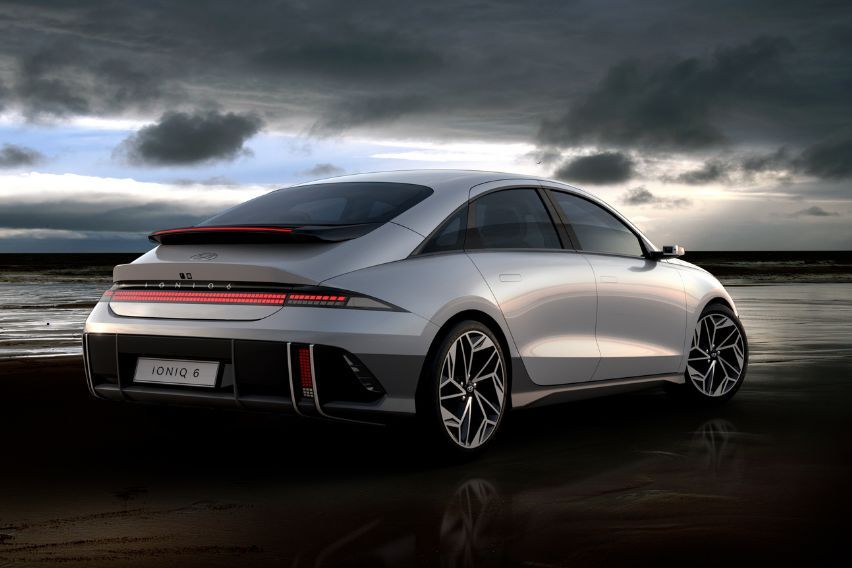
Hyundai expects 20 million vehicles to be registered to its connected car service worldwide by 2025. Connected vehicles equipped with cutting-edge telecommunication features will create unprecedented value and possibilities and provide customers personalized services, such as software subscriptions.
FoD (Feature on Demand) services will be made available next year. This will give customers the ability to select and purchase functions and features that meet their needs and tastes, and the freedom to create vehicles that best match their lifestyles.
Furthermore, connected car data will network with future Hyundai mobility solutions, including Purpose Built Vehicles (PBVs), Advanced Air Mobility (AAM), robotaxis and robots.
This is in line with Hyundai’s vision where the mobility industry paradigm is entirely transformed, enabling people to enjoy convenient, seamless travel — even if they do not own a car.
Hyundai’s mid-to-long-term strategy will accommodate a new dimension of mobility service and software will be the core technology that delivers this future by seamlessly connecting new mobility devices and services.
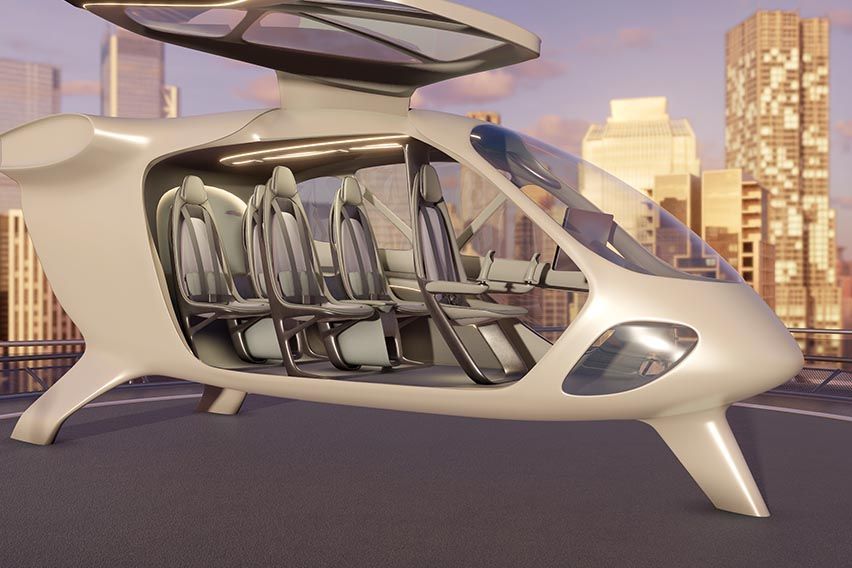
In 2025, Hyundai will roll out EVs based on its two new platforms, eM and eS. The new EV platforms will be created under the Group’s Integrated Modular Architecture (IMA) system that aims to reduce vehicle complexity.
The eM platform is being developed specifically for EVs across all segments and will provide a 50 percent improvement in driving range on a single charge compared to current EVs. The eM platform is also being developed to support Level 3 or higher autonomous driving technology and OTA software update features.
The Group’s eS platform will be developed as an EV ‘skateboard’ exclusively for Purpose Built Vehicles (PBVs), with a fully flexible structure to meet B2B demands, and provide tailor-made solutions for companies operating in the delivery, logistics, and car-hailing sectors.
Hyundai's incredibly cutting-edge, in-house created Connected Car Operating Systems (ccOS) will be crucial to the Group's goal to lead the way in delivering revolutionary global mobility solutions. All controllers can use the ccOS software platform, which has exceptionally powerful processing capabilities and can maximize device performance.
The carmaker will invest heavily in software technology to integrate hardware and software technologies and enhance and internalize mobility technology capabilities.
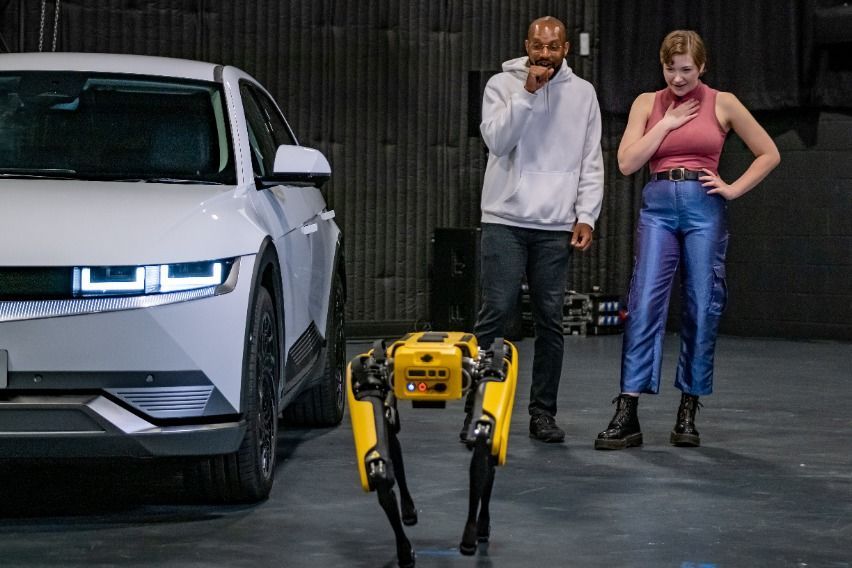
By 2030, the Group plans to invest 18 trillion won in resources, including the establishment of a new Global Software Center to bolster its software capabilities and accelerate Software Defined Vehicle development.
“By transforming all vehicles to Software Defined Vehicles by 2025, Hyundai Motor Group will completely redefine the concept of the automobile and take the lead in ushering in a never-before-experienced era of mobility,” said Chung Kook Park, President and Head of R&D Division, Hyundai Motor Group.
“Creating visionary vehicles empowered with the ability to evolve through software will enable customers to keep their vehicles up to date with the latest features and technology long after they have left the factory.”
Photos from Hyundai
Also read: Hyundai to open world’s first car-powered hotel this October
Sell your car at the best price
 Verified and genuine buyers
Verified and genuine buyers
Hyundai Car Models
PIMS 2024
Trending & Fresh Updates
- Latest
- Popular
You might also be interested in
- News
- Featured Stories
Hyundai Featured Cars
- Latest
- Popular
Latest Hyundai Car Videos on Zigwheels

Hyundai Car Articles From Carmudi
- journal
- financing
- insurance

